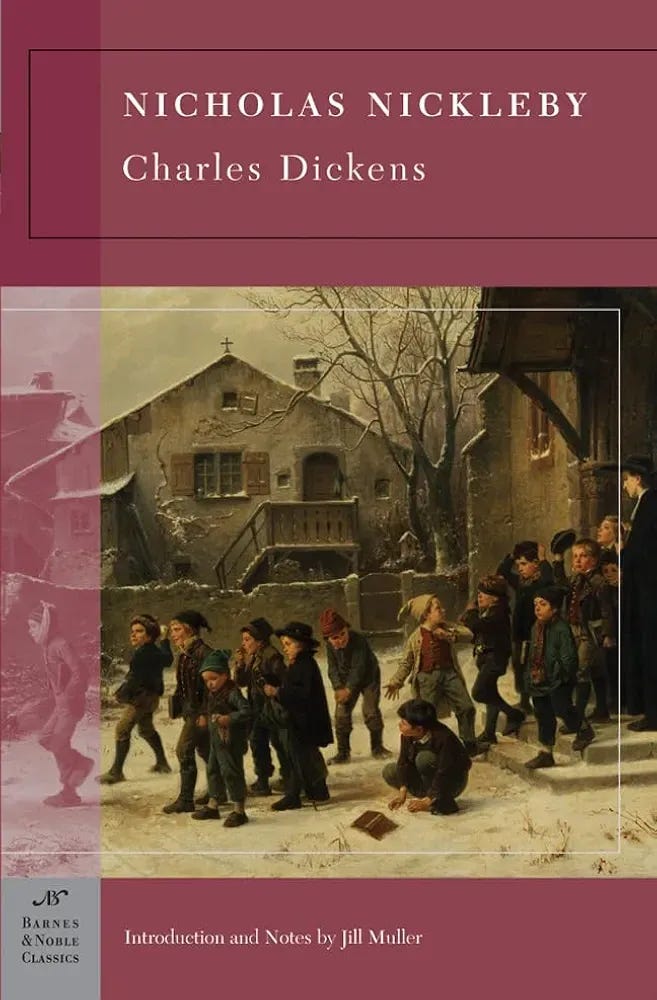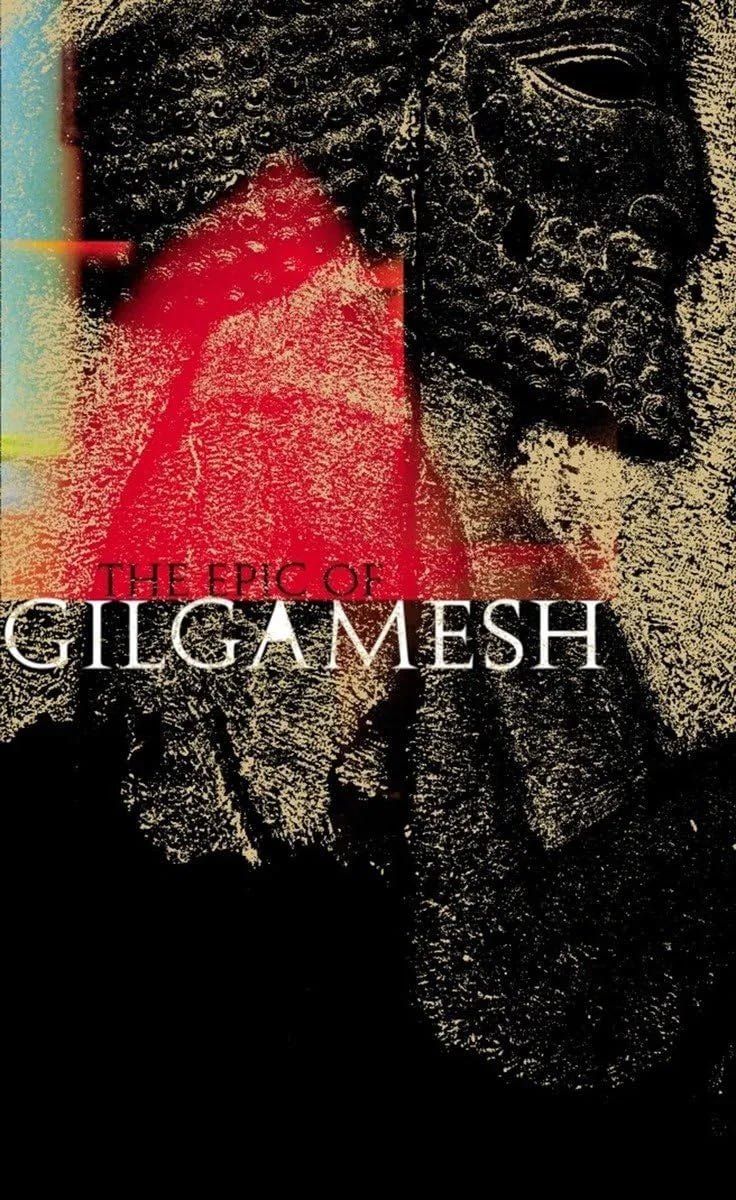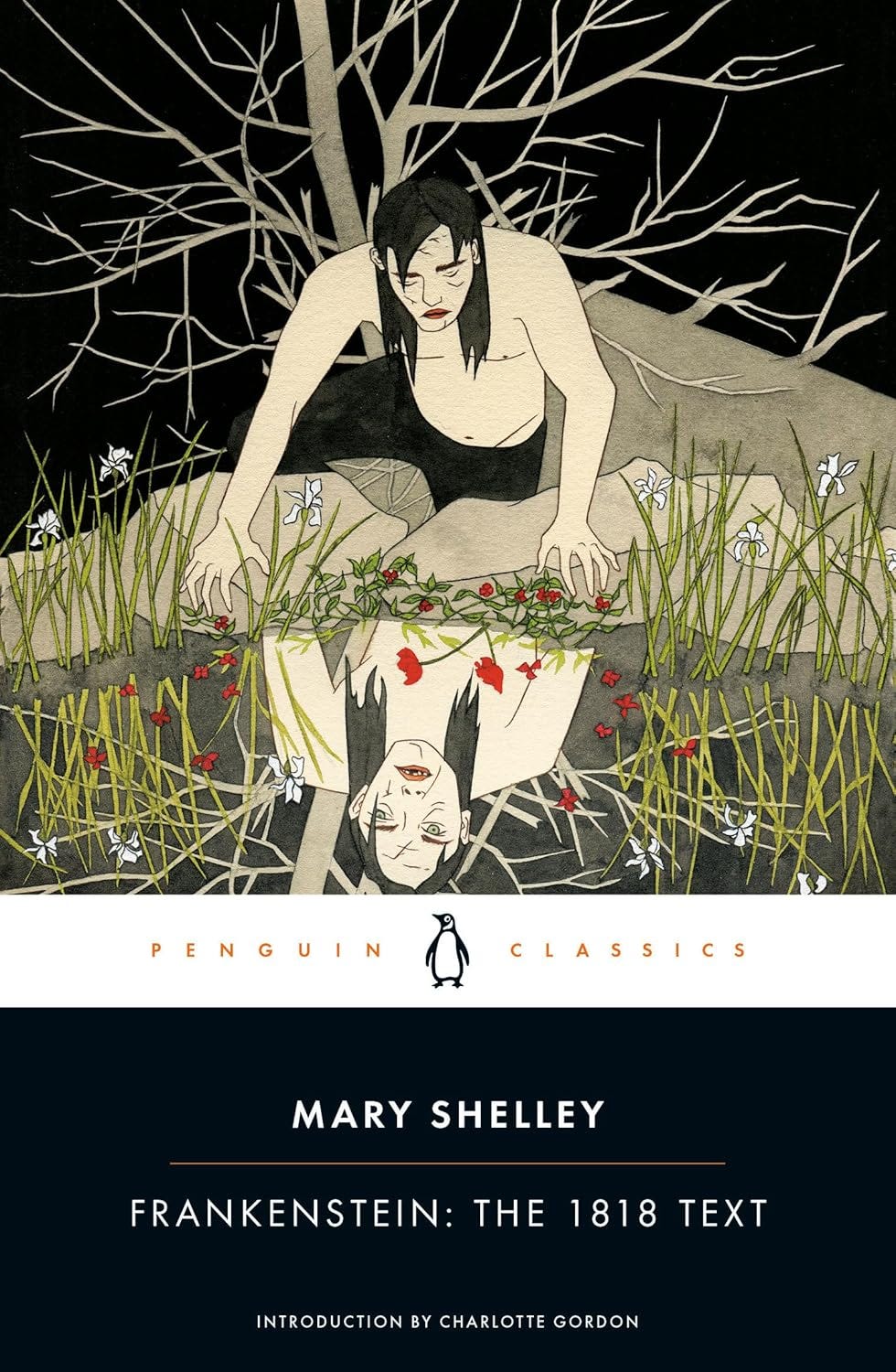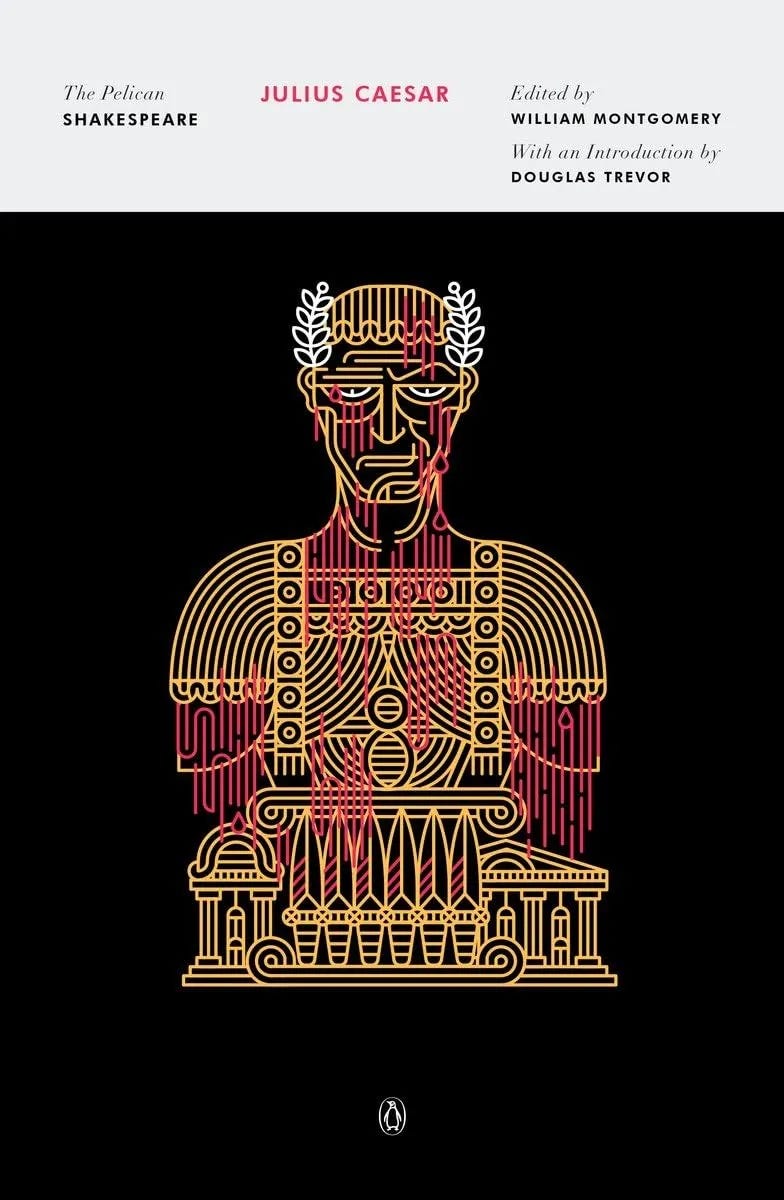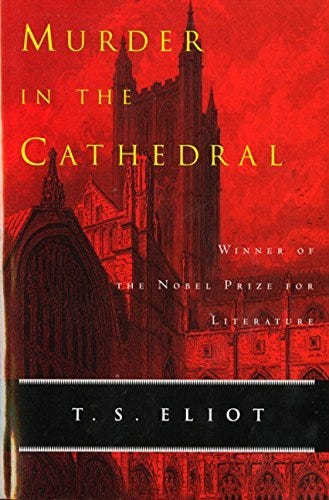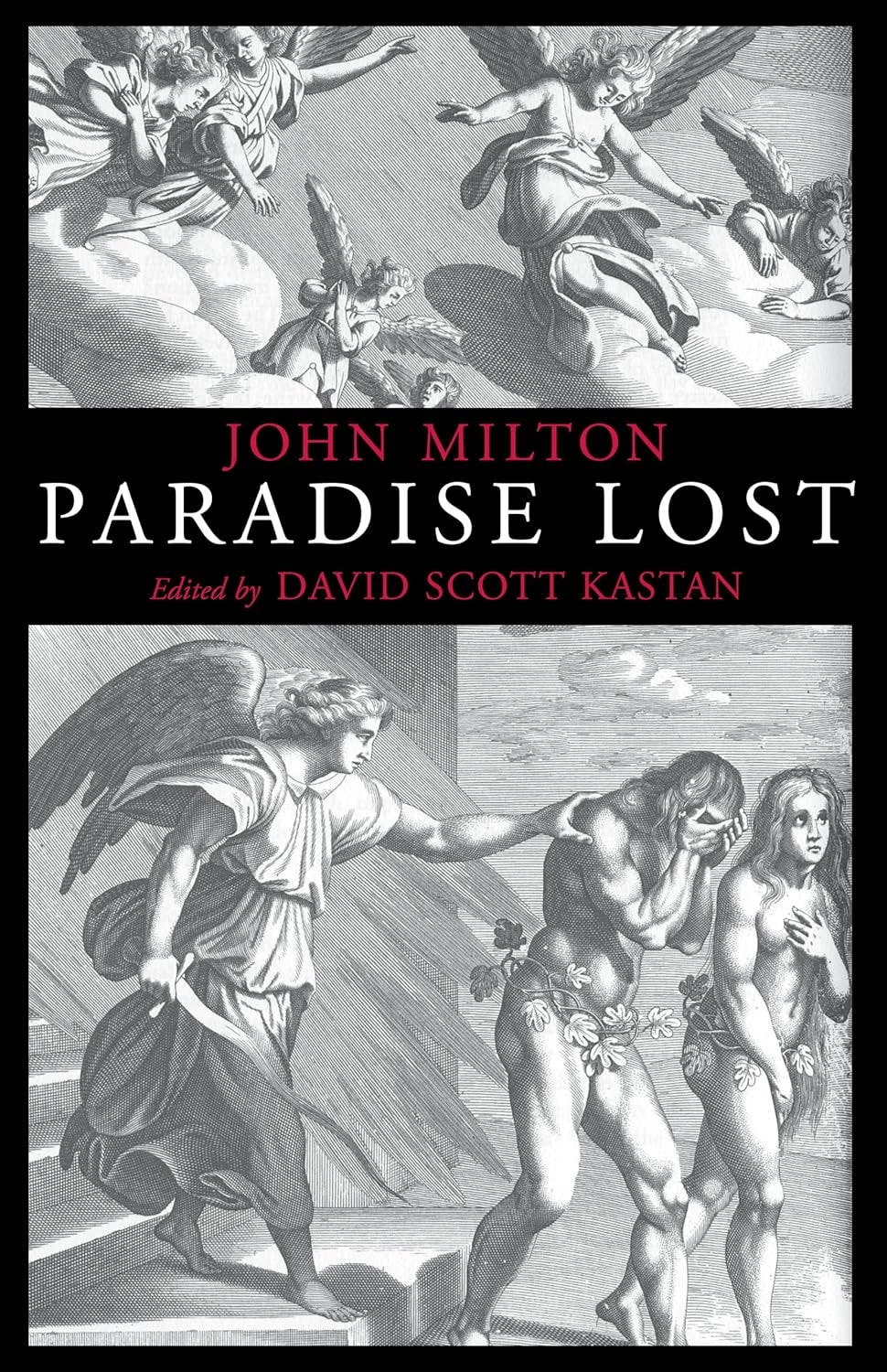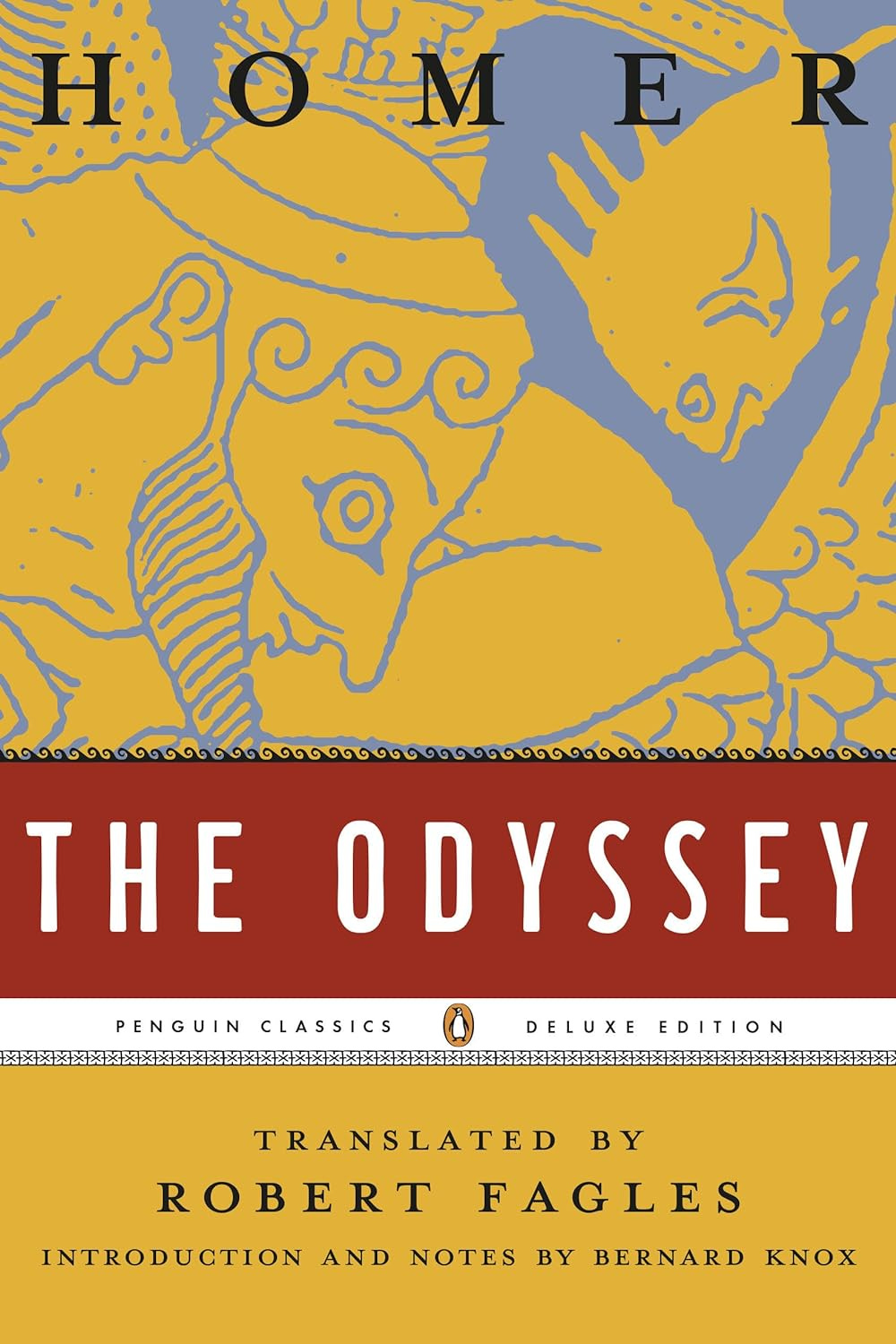Best Discoveries in Reading 2024: Classics
We hear many discussions these days about the classics, and most of those conversations, posts, and articles decry the belief that people don’t need to read books by “dead white guys.” They’re primarily talking about books from Western civilization, and yes, there are a lot of dead white guys represented there. Yet these works have stood the test of time, many of them for centuries. They’re studied at schools like St. John’s College in Annapolis and Santa Fe, and many other institutions. They still speak to us.
It’s true that many Westerners only look at classic works written by Westerners, ignoring other cultures. (Although the Santa Fe campus of St. John’s offers a course of study in Eastern literature.) So yes, we should read great works outside our culture. But those works should also pass the “test of time” designation. How can a book published in the last year, five, ten, or even twenty years hold up? Will those books still be significant and still speak to us a generation later and beyond?
No one says you have to limit your reading to the classics. Read what you want. Read widely. But I challenge you to read at least one classic in 2025.
Some of the books from my Best Discoveries in Classics in 2024 come from works I was privileged to teach as a substitute at a local classical Christian school. (Those books are designated with an * after the title.) The students reading those works are in grades 7-12. Yes, they need to be guided through those books by a teacher, but you’d be amazed at how much they can learn, not only about the books themselves but how they speak to us today.
The Histories (431 BC) Herodotus (Penguin Classics)
Wow. I should designate this as a “pre-reading” exercise and read it properly in a year or two. The history of the Greeks and Persians, their origins, wars, societies, and beliefs is fascinating and a bit overwhelming. I can’t imagine reading The Histories without some knowledge of ancient history, even if that means simply perusing Wikipedia entries on the Greeks and the Persians. Yet even with my limited knowledge of these subjects, The Histories is captivating because it also tells us that as humans, we really haven’t changed all that much.
The Great Gatsby* (1925) F. Scott Fitzgerald
Set in 1920s New York, self-made millionaire Jay Gatsby seeks the love of a wealthy married woman named Daisy. If you’re new to the story, you might think, “I don’t want to read about a bunch of rich snobs,” but consider that the story is narrated by a WWI veteran named Nick, Daisy’s cousin. Nick, who is not privileged, but simply trying to find his way in the world, observes Gatsby’s life of luxury and wonders if it’s a grand as it seems. Although I read this novel in college, I got a much richer experience by preparing to teach parts of it, exploring the book’s period, characters, setting, and themes. I hope to revisit it in a few years.
Nicholas Nickelby (1839) Charles Dickens (Barnes & Noble Classics)
Of the three Dickens novels I read this year, Nicholas Nickelby was the most enjoyable. Sure, it’s overblown and melodramatic, but man, does Dickens keep the pages turning! After his father dies, young Nicholas is forced to find a way to support his mother and sister. The only person who can truly help is Nicholas’s Uncle Ralph, who can’t be bothered. You can find a fuller plot description elsewhere, but in my journey to read all of Dickens’s novels in order of publication, this one has been the most enjoyable.
The Epic of Gilgamesh (2100-1200 BC) Anonymous
When you’re the king of a city, you think you’re immortal, so why not seek out true immortality to seal the deal? That’s what Gilgamesh, King of Uruk, does, going on a quest with his companion Enkidu to find eternal life. Although this was not my first read of The Epic of Gilgamesh, this second encounter made me think more about its history, parallels with the Bible, influence on literature and storytelling, and more. Rather than describing it further here, I encourage you to read (or reread) it for yourself. It’s quite short.
Frankenstein (1818 edition) Mary Shelley (3x)
I visited the Guys Book Club for the first time since my retirement to discuss one of my favorite books, Frankenstein. I’ve read this book three times and think I could read it annually. If you’re reading the novel for the first time, try to remove images of any Frankenstein movie from your mind. It’s impossible, I know, but it’s worth the effort. I also recommend you read something about Mary Shelley herself, not just how she came to write the novel, but also her own exposure to death. (The B&H edition from a few years ago with an introduction by Karen Swallow Prior is excellent.)
A Doll’s House (1879) Henrik Ibsen
I had known of the play A Doll’s House and its adaptations for years, but I’m glad I finally read it. (Now I need to see it.) After the first several pages, I thought, “Okay, I know where this is going,” but I was wrong. Focused on a woman’s struggles and dissatisfaction with her family, the play provides many topics for discussion, not only examining the time in which it was written and performed but also right now.
Julius Caesar (1599) William Shakespeare (The Pelican Shakespeare)
As long as we have governments and rulers, Julius Caesar will remain relevant. Loyalties, conspiracies, power plays, deception, they’re all here. Not much has changed. Pay attention.
Murder in the Cathedral* (1936) T. S. Eliot
Last month I was asked to substitute teach a class reading this play for the first time, as I was. Based on the murder of Thomas Becket, the Archbishop of Canterbury in 1170, Murder in the Cathedral’s richness, relevance, and power are astounding. I can’t stop thinking about it and plan to reread this in a few months.
Paradise Lost* (1667) John Milton (2x, previously read in 1996)
I can’t remember when a book has moved me as much as Paradise Lost. Satan, cast out of heaven for rebellion, looks for a way to seek revenge on God. That’s the story in a nutshell, but Milton’s epic poem is a masterful work that fascinates on the grandest of scales. I had previously read the work nearly 30 years ago and got little out of it due to my lack of understanding of most of it. This fall, I had an opportunity to teach several sections to different classes, walking them through it while learning with them. I love watching the story come alive in the students’ faces, the impact of each moment. Tremendous.
The Odyssey* (701 BC) Homer (2x, previously read in 2022)
Maybe the most enjoyable, fun entry into epic classic literature. Put simply it’s the story of Odysseus and his grueling 10-year journey to return to his family after the Trojan War, and he’s not going to like what he sees when he gets home. I can’t tell you what a delight it is to teach this book, even as a substitute teacher, watching students going into the story with all they’ve got, looking at character motivations, reveling in the adventure, and simply having a great time. Let’s face it: This book is a blast.
Again, I challenge you to read one of the books listed here or some other classic in the coming year. The “newest” classic on this list is from 1936, but start where you feel comfortable. Don’t be intimidated. Need suggestions? You can ask me or someone you know who reads classics. Check online lists. Find a good entry point. Read basic plot summaries and ask yourself, “Would I read this book if it were set in the present?” The comments are open. Let me know how it goes.





